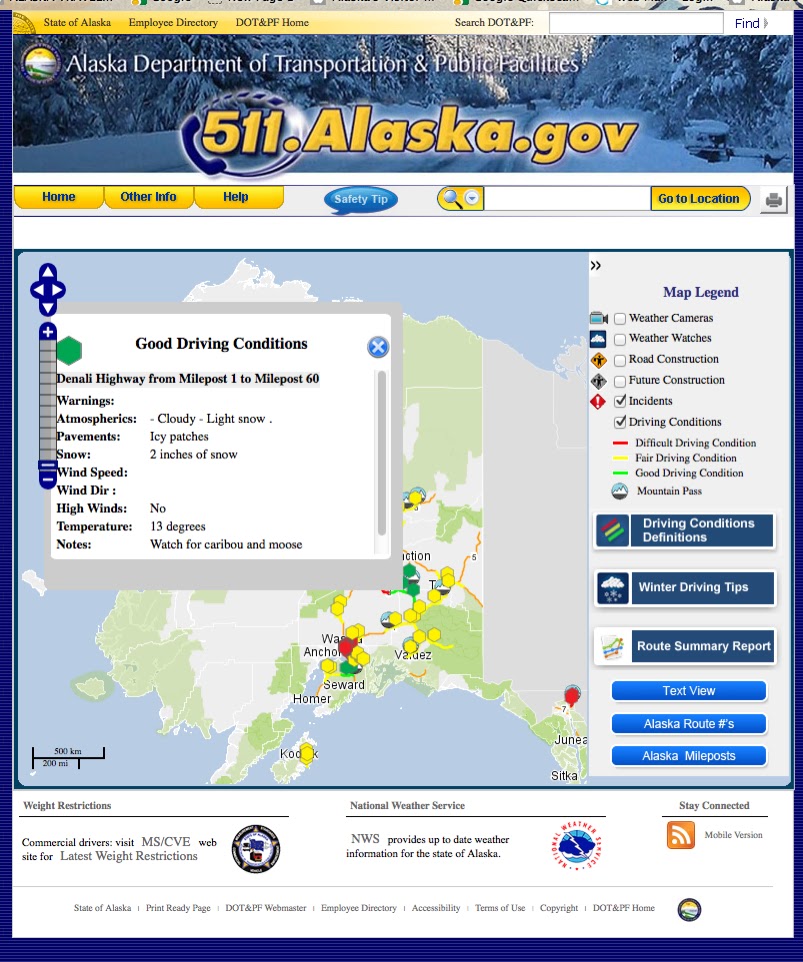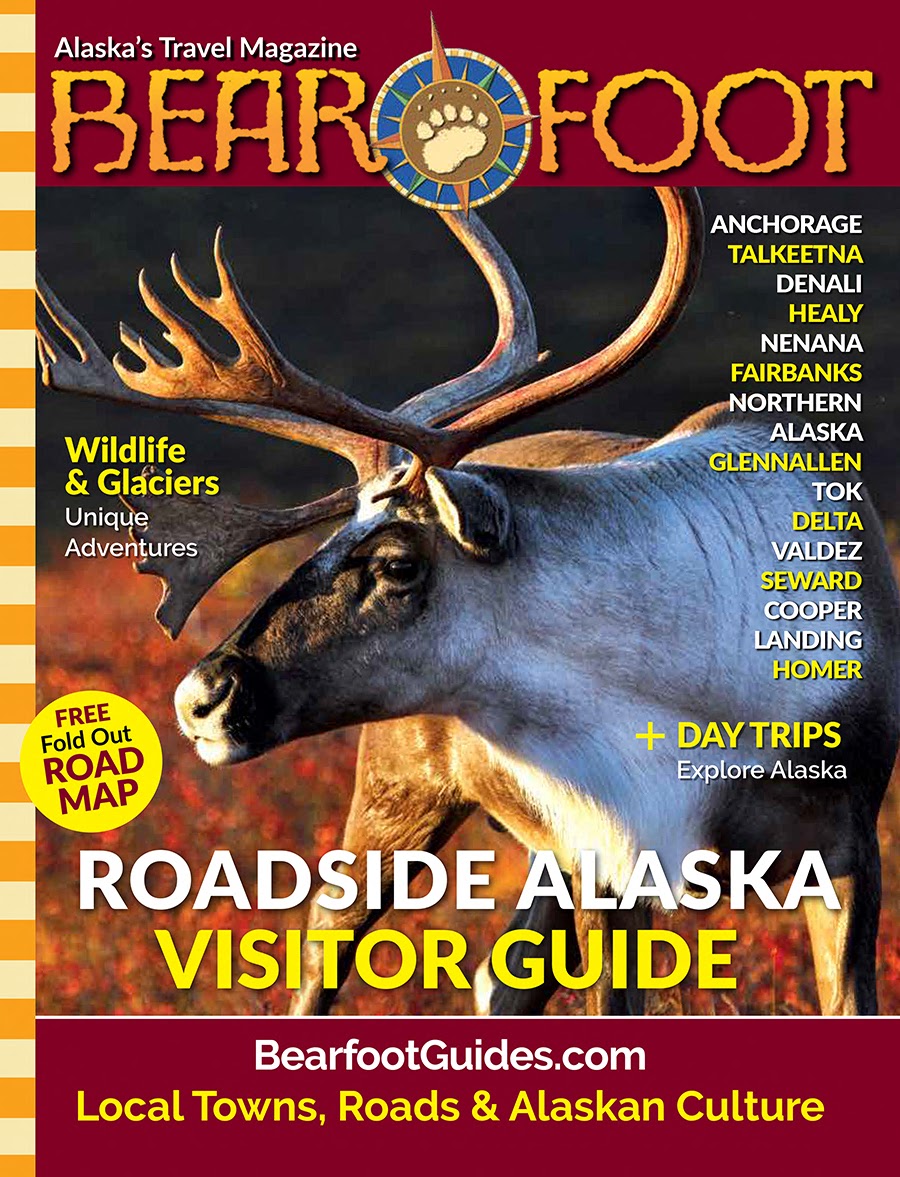Native Culture Month: Ruth Johns Tells About An Adventure On The Way To Klutina Winter Camp
MEMORIES OF LIFE ON THE TRAILS Ruth Johns: "Everything we were doing was something we enjoyed" Ruth Johns in 1987 (Photo, Linda...
https://www.countryjournal2020.com/2022/11/native-culture-month-ruth-johns-tells.html
MEMORIES OF LIFE ON THE TRAILS
Ruth Johns: "Everything we were doing was something we enjoyed"
 |
| Ruth Johns in 1987 (Photo, Linda Weld) |
Native American Heritage Month can't go by in the Copper Valley without thinking of Ruth Johns of Copper Center. Ruth was a vibrant cultural force. She was articulate, traditional, and family-minded.
In 1987, when the original Copper River Country Journal was being printed in the valley, Ruth was named the Journal's very first "person of the year" on the front cover. Here's what Ruth had to say about life when she was a child. In Ruth's words, she shows us her life, from the perspective of a little girl whose parents protected her from worries. It was a glorious, wonderful time. The hardships of the Great Depression were blunted by her family's love, hard work, dedication, and confidence.
Ruth's parents were Estaco and Jessie Ewan. Like all Ahtna families at the time, the Ewans walked the trails.
Young Ruth's parents took their children with them across the Copper River wilderness to distant winter homes. In the winter of 1926-27, the family stayed in the wooded timberline near Mt. Drum. Another year, they stayed with Jim McKinley and his family at Klutina Lake.
Ruth's parents were the biggest influence in her life. "I had really good parents. What I am now is because of my parents."
Her parents taught by example. And they were satisfied with their handiwork.
"They really didn't TELL me anything until Dad was on his deathbed," Ruth told the Journal. "I was 18 years old. He looked at us. He said, 'I'm not worried about you, leaving you, because I know you're going to take care of yourselves.' That really stayed with me, my father, thinking, 'Okay, you can do it.' We looked at him in tears, and he said, 'Don't cry. I know you'll do well.'
"Maybe that's part of the thinking. Maybe that's what really helped."
Traditional life was a hard life, but a good one. "Dad and them were busy all day. I didn't see anybody get depressed. There was no time. It was time of survival! People were doing something!"
What was Copper River life like in those days that now seem so long ago?
"What I enjoyed with my parents was it seems like it was an adventure, each day, when we were out there together."
One especially exciting fall was the season that the Ewans and Jim McKinley's family walked the trails to their winter home at Klutina, accompanied by their pack dogs.
The families traveled about 8 miles a day. They were on the way to their second camp when they saw moose tracks. Ruth's mother was making tea from a stream. The fathers told their children to be quiet. And then they disappeared with their guns.
These were thrilling memories for Ruth. "Everything we were doing was something we enjoyed.... A little while later there were two... three shots..."
The men came back, and took their families to a lake where there were two dead moose in the water. Somehow, the men put a raft together, and hauled the moose in, while the children tore around, gathering wood for a fire.
"We were happy, running around, getting wood: deadfalls."
Then, even the children helped beach the moose.
"We had a part in it. They threw a rope, and we pulled that moose to the shore!
"Everything we did was fun to me. Just nice and peaceful. We spent the next few days, picking berries. We picked and picked, and my mother put it in a 50 lb. sack. Lots of big berries.” Then Estaco Ewan and Jim McKinley made a big cache from round green logs, and the families cached their cranberries and dried moose meat for the winter.
But life then, as now, was far from perfect. A wolverine ripped its way into the cache and destroyed the meat and berries. "My sister and I felt really bad about 'our berries'."
The Depression years were difficult, but fun. It wasn't until World War II that the worse changes came. And those changes were brought about by alcohol. The war sent young men into the army and brought good paying jobs. But it also brought whiskey, and the final blow to traditional life...
Years ago, a lodge owner named Mrs.Barnes lived nearby. Ruth always treasured her kindness and thoughtfulness. Mrs. Barnes was a true Copper River person. Ruth Johns remembered,
"She was like a grandma. A mother to the people."
Kind of like, well, Ruth Johns herself.
--From the January 7th, 1988 Copper River Country Journal © 1988-2022, Copper River Country Journal
















